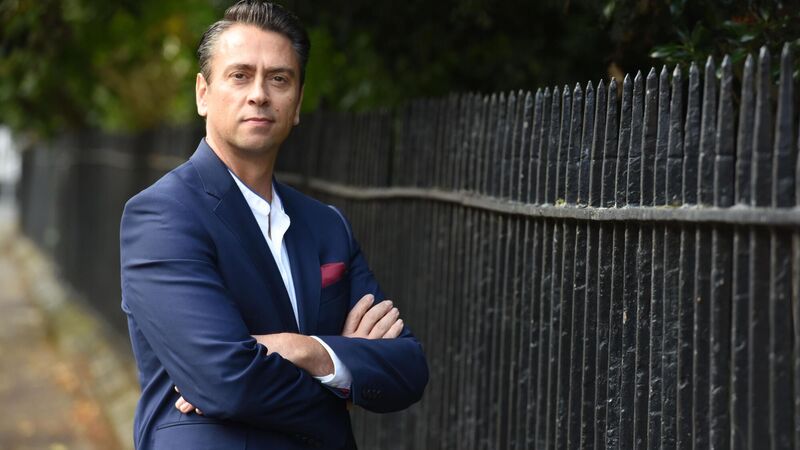Richard Hogan: The Government must show leadership on immigration

Richard Hogan. Picture: Moya Nolan
“Anger is an energy.” The violently charged vibrato of Johnny Rotten wasn’t wrong. Having recently stumbled into an anti-immigrant protest in Dublin City with my three daughters, I certainly felt the energy of anger.








